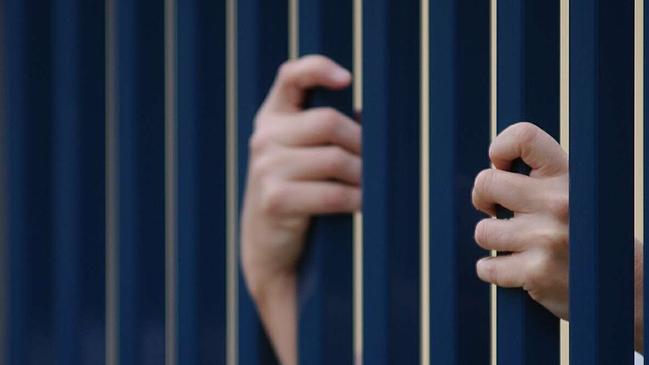Most prisoners granted parole end up back in prison: report
The majority of prisoners granted parole in the state end up back in jail sooner rather than later according to a new report. Find out why.

Tasmania
Don't miss out on the headlines from Tasmania. Followed categories will be added to My News.
THE majority of parole orders finalised in Tasmania are revoked because prisoners reoffend or breach their conditions.
The Parole Board of Tasmania’s annual report reveals that of the 109 parole orders completed in 2021/22 just 46 per cent successfully expired.
Of the remainder, 26 per cent were revoked because of new offending and 28 per cent were revoked for noncompliance such as using illicit substances.
Regardless, Parole Board chair Leigh Leigh Mackey said parole was a worthwhile exercise and the reasons for offending were many and complex.
“The person “born bad” or “purely evil” is, I would postulate, rare,” she said.
“Rather the common themes that emerge from parole hearings are of past trauma, homelessness, drug abuse and mental health issues as drivers for criminal conduct.
“The system of parole reflects the view of modern society that a person can change and that the prospects for change occurring, and enduring are enhanced by targeted programs, support, and supervision.
“Ultimately society is better served by release, albeit prior to end of sentence, on parole, where such input can be provided than an offender merely walking free at end of sentence to return to the same circumstances and conditions that were operant when they were offending.
But she noted that helping people transition from prison to supervised release was harder than it needed to be.
“It remains difficult for inmates to access therapeutic programs whilst in custody, find stable
accommodation and access therapists upon their release.
“Hopefully with the settling into the new post-Covid norm more can be offered in this area.”
The majority of prisoners released from Tasmanian jails end up back inside within two years whether on parole or not according to the Department of Justice annual report: 50.4 per cent compared with 45.2 per cent nationally.
Public and media commentary on the justice system was a theme of several annual reports tabled in state parliament.
Ms Mackie noted “misinformation regarding parole” in her annual report, while “ill-informed criticism” was a theme picked up by Director of Public Prosecution Daryl Coates SC, in his annual report.
“Unfortunately, in recent years, in some cases, the Office has been the subject of ill-informed criticism and personal attacks by persons with little regard to the actual evidence in the case or the applicable law,” he said.
“Although the Office should not be above constructive criticism, the manner of some of these criticisms undermines the integrity of the Office and the criminal justice system generally.
Solicitor-General Sarah Kay noted that due to “a set of challenges” her office had faced “had an unfortunate impact on the mental health, wellbeing and overall morale of members of staff”.
Ms Kay and Assistant Solicitor-General Paul Turner Commission of Inquiry gave were called to give evidence before the Tasmanian Government’s responses to Child Sexual Abuse in Institutional Settings in July.





